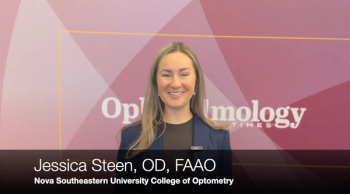
Q&A: Devin Sasser
I grew up in a small town called Mesquite, TX, right on the edge of Dallas, a small suburb. Texas weather is very temperamental (no pun intended), so there are days when it’s really cool. Real cool to me is about 50°F. [Laughs] Oh man, it’s cold outside, and then the next day it’s 80°F. I’m used to living in that range. And St. Louis, we have a winter here…but something about last year’s. It never went away.
Where did you grow up?
I grew up in a small town called Mesquite, TX, right on the edge of Dallas, a small suburb. Texas weather is very temperamental (no pun intended), so there are days when it’s really cool. Real cool to me is about 50°F. [Laughs] Oh man, it’s cold outside, and then the next day it’s 80°F. I’m used to living in that range. And St. Louis, we have a winter here…but something about last year’s. It never went away. I’m a Texas boy at heart, and I’ll probably go back down there when I finish.
How did you become interested in science and then optometry?
When I was a kid, I always wanted to be a lawyer. I saw that a lot on TV shows, it’s kind of a thing I had in my mind, “I want to be a lawyer when I grow up.” I researched it. I went to school that was really heavily science-oriented, and I fell in love with the healthcare profession, just the whole scope and medicine in general. I found optometry through a doctor who I shadowed down in New Orleans. After shadowing him for a few months, I really fell in love with the profession.
What's the hardest part about being in optometry school?
It’s more of a balancing act for me. This (AOSA presidency) is a very demanding position, just like it is for all the other board members and the executive council. Being a student in the classroom and in the clinic and also being on top of your game where you go to these meetings and you’re basically the face of the students -that can be challenging at times. Just finding that balance has always been the hardest for me because I’m more of a go-getter. I always want to say “yes” to everything. Yes, I’ll speak for this, or yes, I’ll do this. You have to have discipline, and I think I’ve developed that a lot more this past year.
What part of optometry fascinates you the most?
Actually, disease. Ocular disease is my favorite thing by far-seeing patients who are suffering from these conditions and they have no other hope other than you and other eyecare providers. It’s just amazing some of things we’re able to do nowadays as optometrists. I’m a sucker for rare diseases, the ones you don’t see all that often. With diabetic retinopathy, it’s always interesting to see those cases because it can vary so much depending on how controlled patients are. You can see a patient who’s had diabetes for 20 years and has
What's one thing your colleagues don't know about you?
One thing that people who met me post-undergrad don’t know is that I used to be a pseudo-singer. I used to sing a lot, just a friendly little gigs here and there. I never told anyone that.
How did you get involved with student leadership?
It started in college. I fell in love with the fact that you can make changes as a student. When I was in college, there were things that students were always, you know, like, “We need to change this, we don’t like this!” Well, I’m like, “Somebody oughta step up and do the job and actually try and get some of these things changed.” I became a student government association president in my senior year. When I went to optometry school, the first thing I did was look for an opportunity to continue developing that leadership ability and those skills. The first thing I came into was the AOSA. There are so many things that this organization does for students that it’s impossible not to want to be involved. And I somehow became president.
How do you see your career path?
It’s still up in the air, but I have an idea of how I want it to go. I want to do a residency first in ocular disease at a VA or a referral center. After that, I want to work in a hospital setting for four to five years post residency just to get the experience see a lot of interesting cases so when I go out to practice, I’m able to fully assess and properly handle certain types of ocular diseases without feeling less confident.
Some ODs today say today’s
I empathize with that. I have definitely felt the brunt of having to take out student loans from undergrad all the way to now. I can honestly say, if I could start over again, I would still go to optometry school. I could not see my life without having gone to optometry school. I love it that much. I feel like as long as you have that passion and knowing that this is what you want to do, this is how you want to use your abilities to help people, then the cost will work itself out in…15 or 20 years. [Laughs]
What do you do in your spare time to unwind?
I’m a huge gym-rat. I go to the gym about six days a week, mostly weight training, but I also do some cardio. I’m also a heavy and chronic napper-I nap at the drop of a dime. I know it’s not a real hobby but I love do it, it’s one of my favorite things in the world. I’m a big eater-I like sweets, I like cookies, I do a lot of eating out.
What should students know, but no one tells them?
For students who are going straight into a practice and they’re going in as an associate, they should be mindful of how that works with a doctor who’s already established. A lot of students go in with the expectation they will be made a partner within the first couple of years. You have to be mindful of inner workings with that situation, and I wish that we as students received more of that. I think a lot of organizations are trying to do a better job of telling us this is what you need to do to prepare. Some schools have an excellent business program for their students, and some don’t. Universalizing that type of education would be a good idea for everyone.
If you could change one thing about your life, what would it be?
I would not be as poor as I am. [Laughs]…But I am very grateful for what I do have.
What's the craziest thing you’ve ever done?
So, I was in Vegas-this isn’t going end well. [Laughs] There’s a hotel called the Stratosphere. It’s this really, really high building with thrill rides on the top of the building. There’s one that shoots you down towards the ground but stops you right on the edge. There’s no net or anything like that. I did that one and a couple of other rides there. It was exhilarating, When I was on the ride, I kept saying to myself, “Why am I doing this? Why am I up here?” I think it was the most thrill-seeking thing I’ve been able to do so far. Bungee jumping’s next…probably.
Newsletter
Want more insights like this? Subscribe to Optometry Times and get clinical pearls and practice tips delivered straight to your inbox.


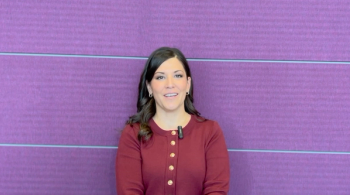
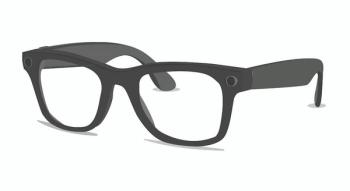
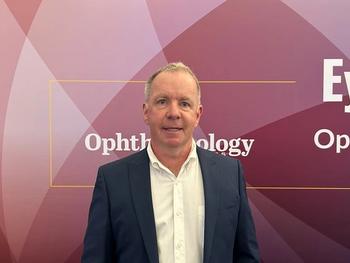
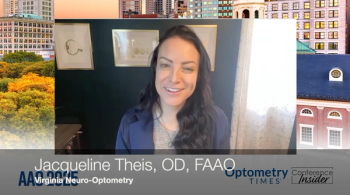
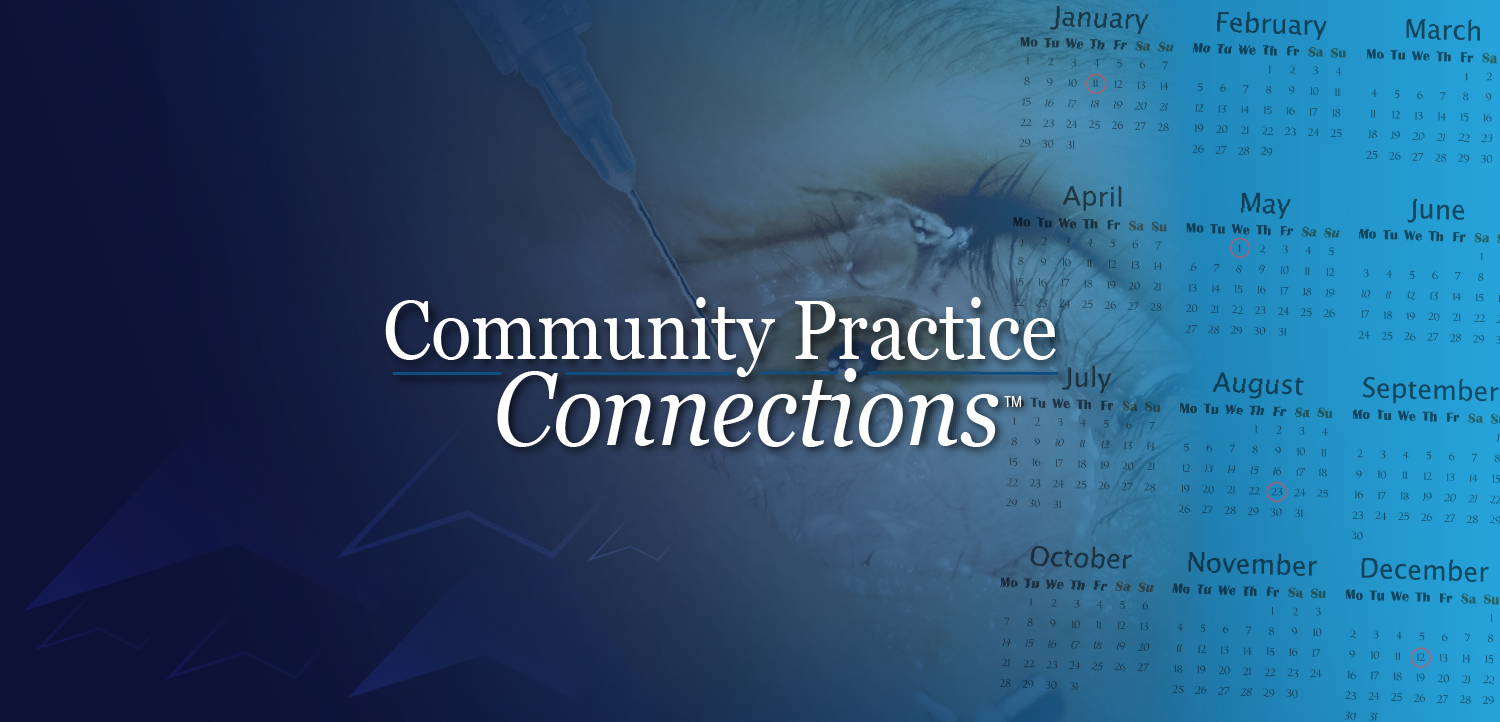
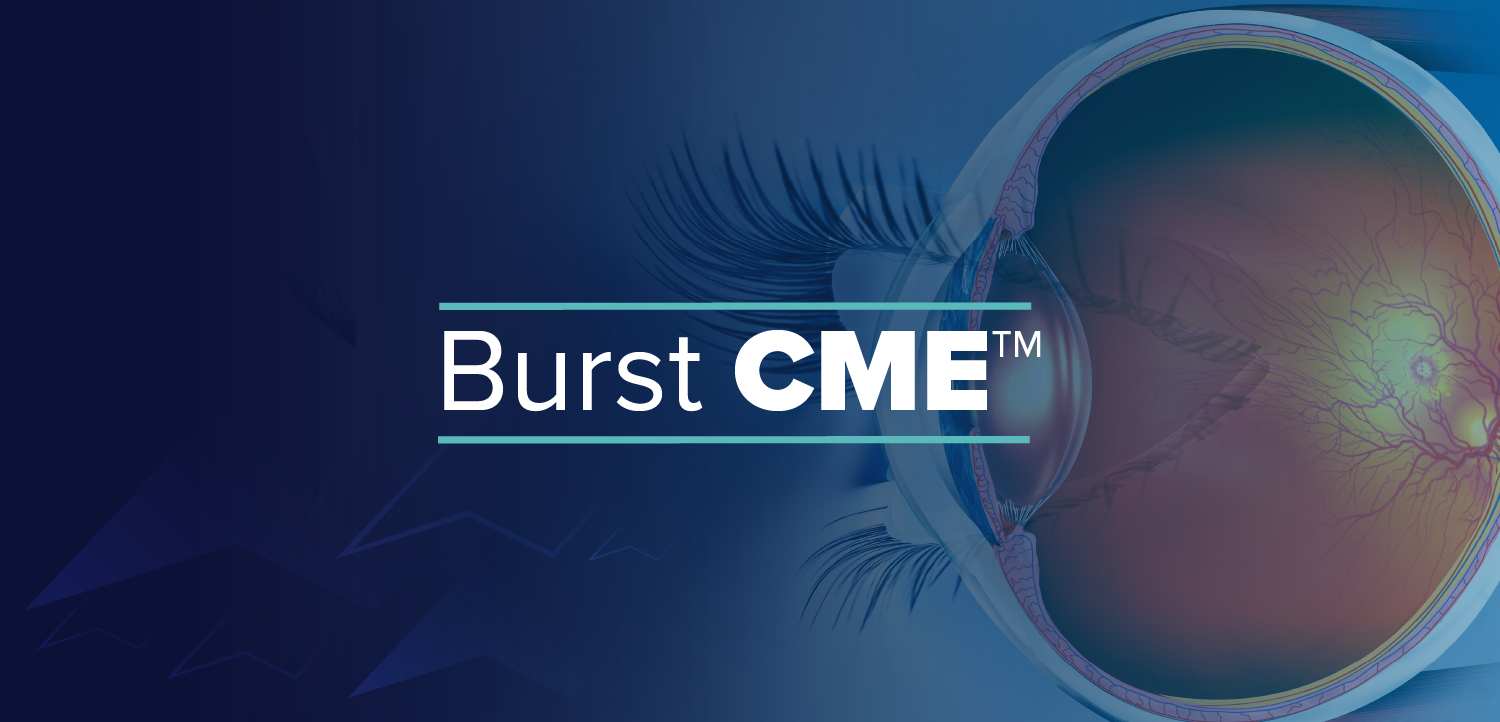























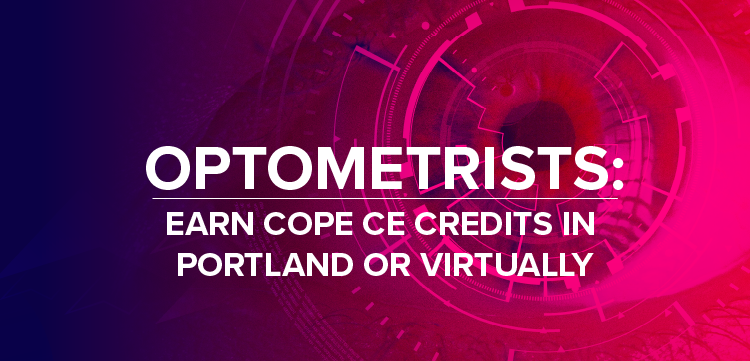

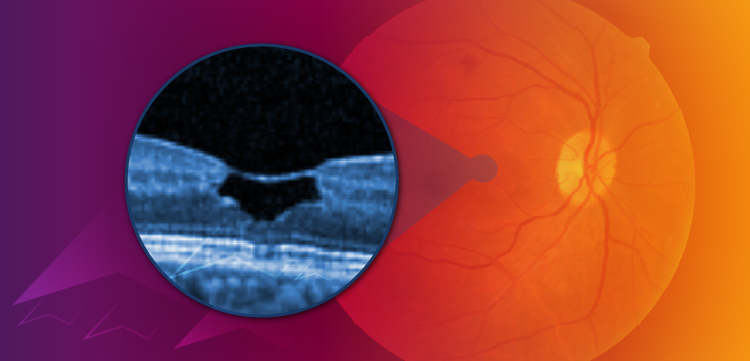
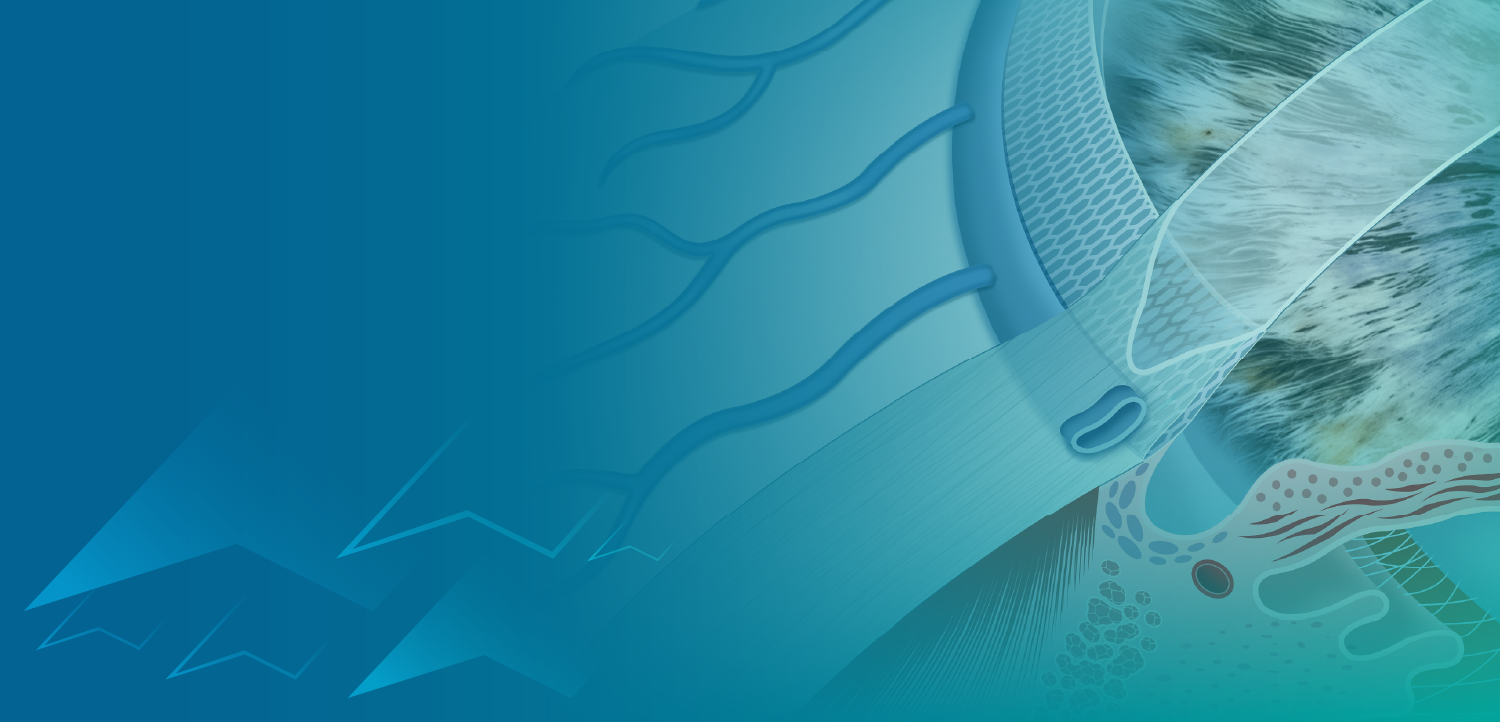
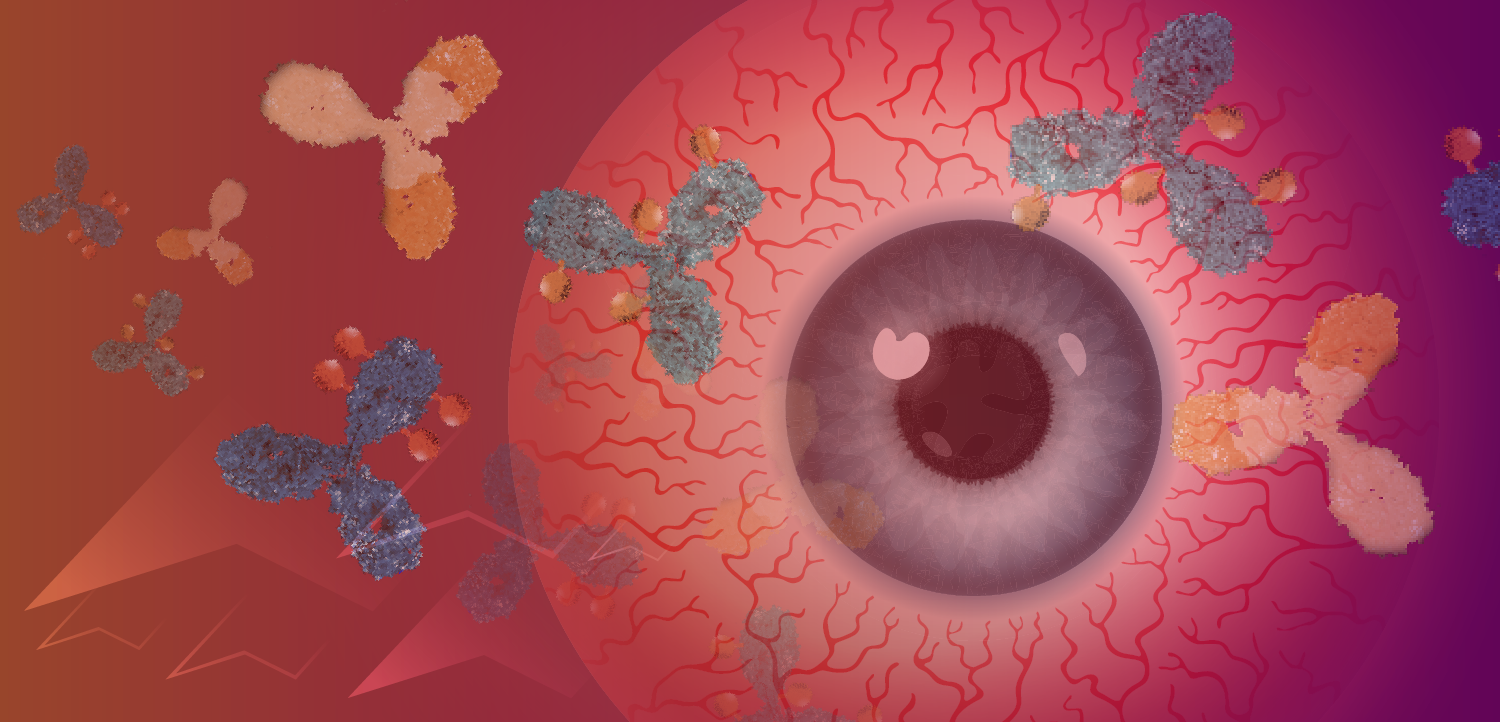
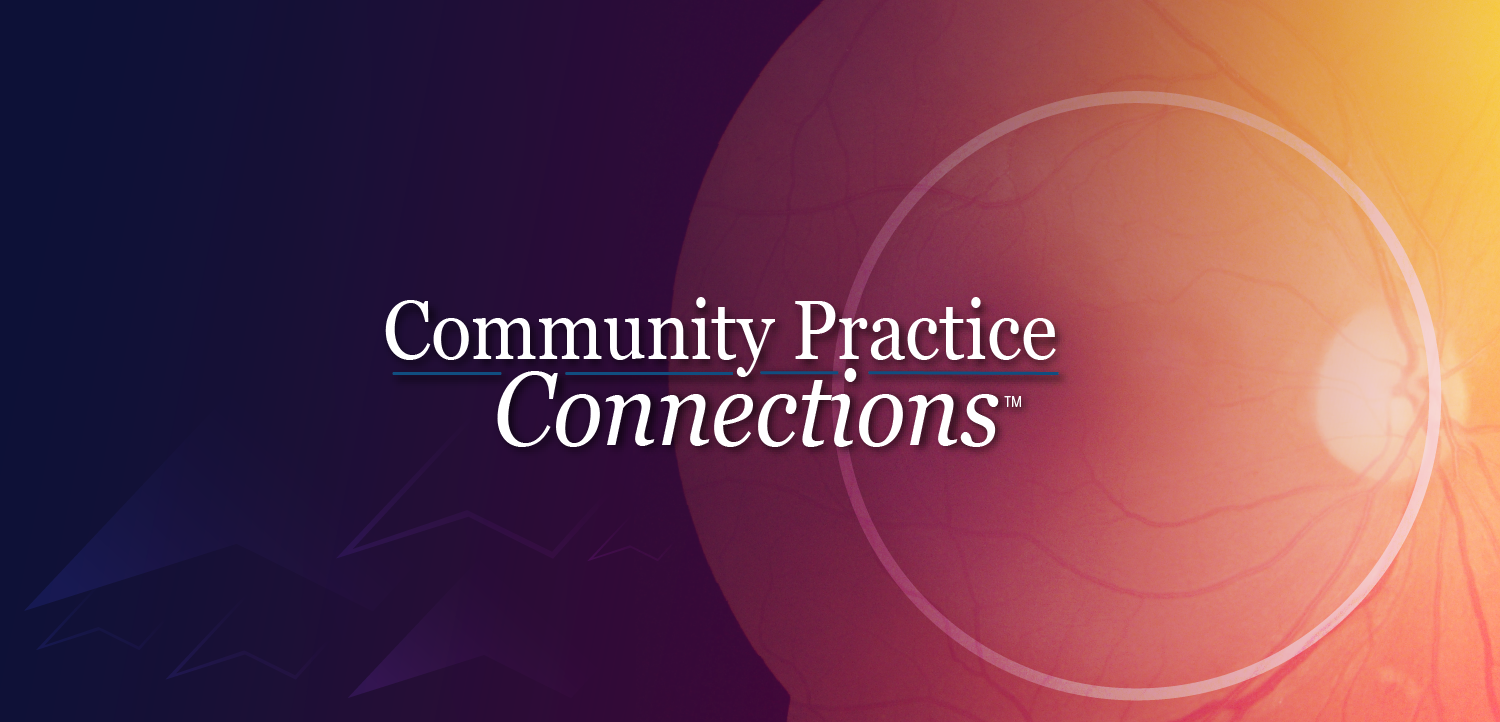
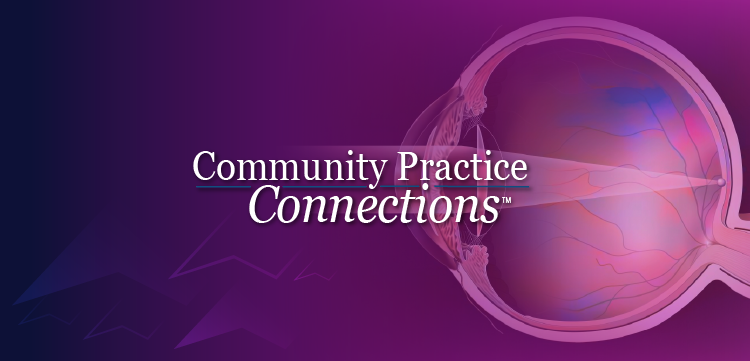
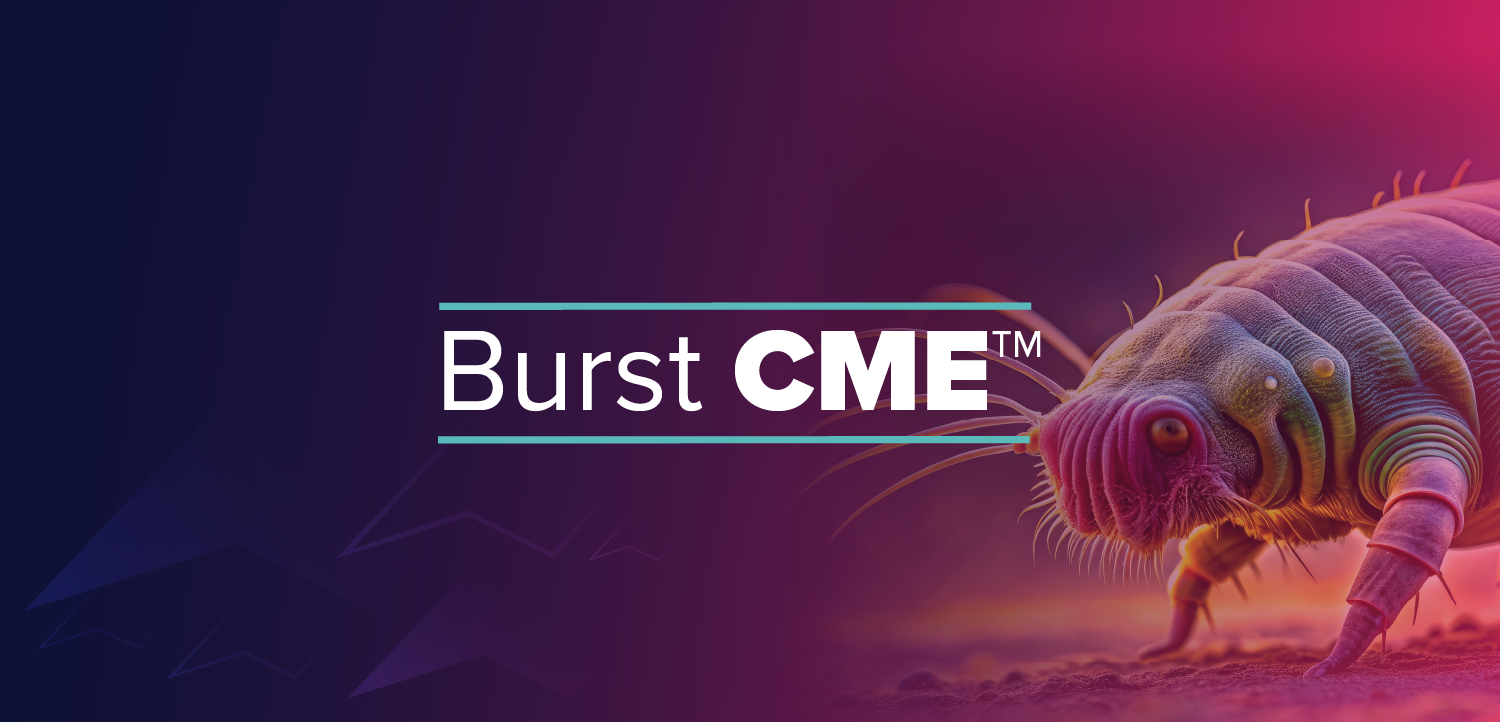
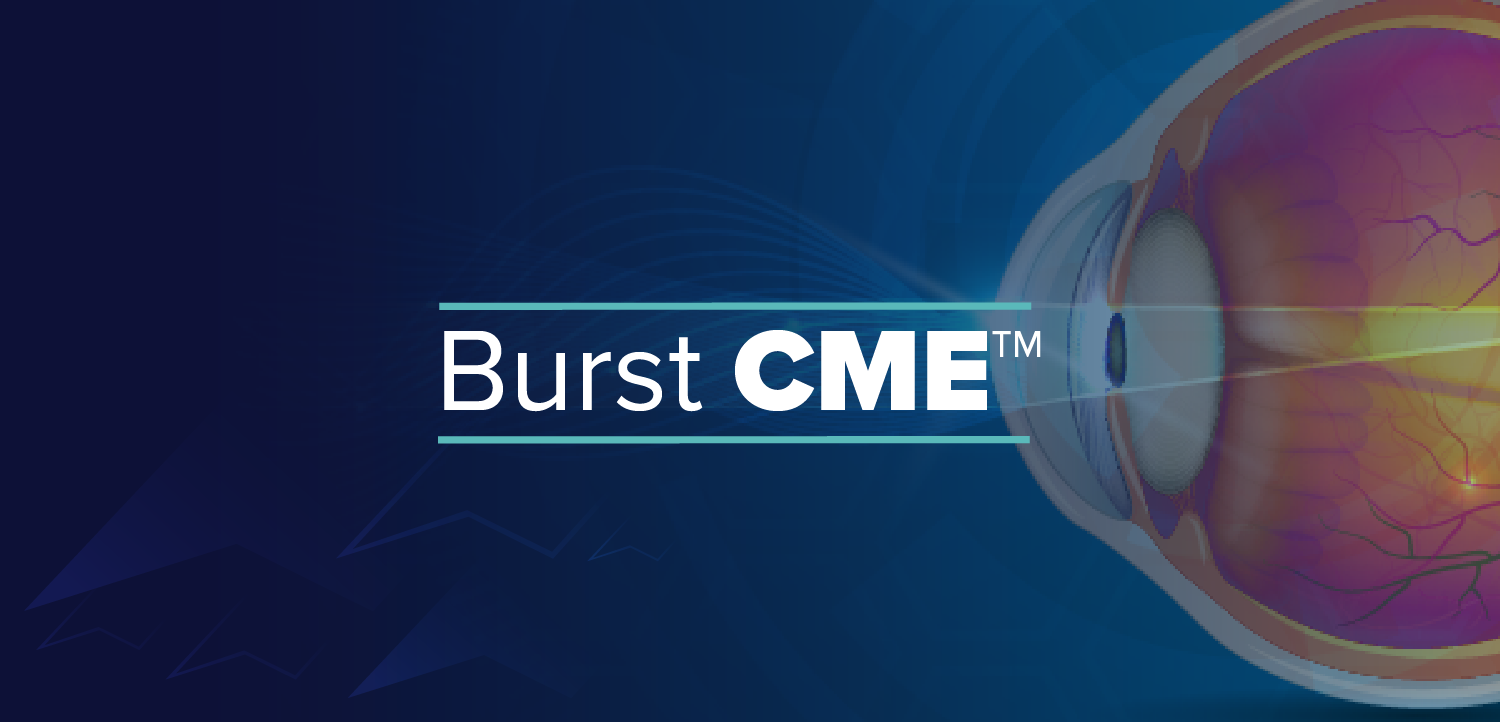














.png)


